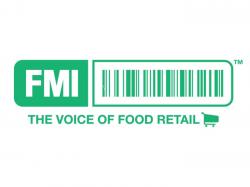Online Grocery Delivery: A Commitment To Keep Food Safe
April 23, 2018 | 1 min to read

Food retailers play a key role in protecting public health. In addition to complying with federal, state and local regulations, retailers must also develop strategic partnerships with all supply chain partners and store-level employees to ensure that food being sold to consumers will be free from biological, chemical or physical adulterants. As consumer demand to purchase groceries through e-commerce platforms increases, retailers and wholesalers must continue developing collaborative omnichannel models, with e-commerce experts, to improve operational efficiency, meet consumer demands and guarantee food safety.
I recently spoke on a panel with Kroger and United Supermarkets looking at regulatory challenges regarding ecommerce in grocery. My greatest takeaway from this panel is that retailers are committed to keeping food safe, regardless if products are sold through an e-commerce platform or brick-and-mortar location.
Since online grocery delivery is a continuation of normal business operations, retailers must continue focusing on how to reduce the chances of spoilage and contamination once store employees or independent contractors begin shopping. This can be achieved through shopping and delivery protocols that keep food at safe storage temperatures, while preventing the likelihood of cross-contamination, food spoilage, allergen mislabeling and allergen cross-contact.
To read the rest of the story, please go to: Food Marketing Institute
